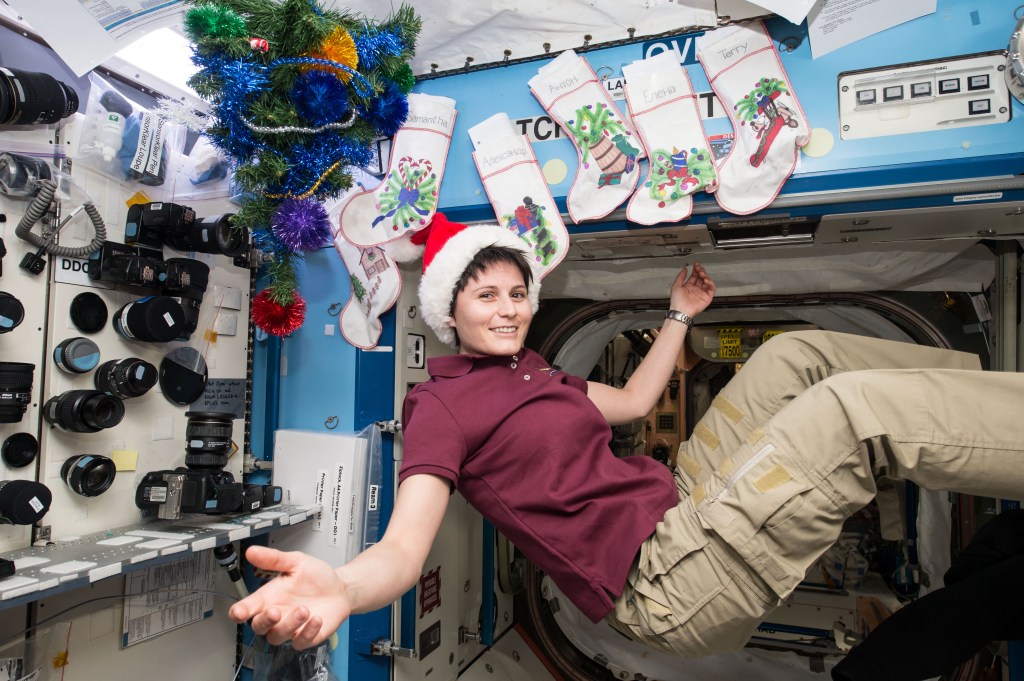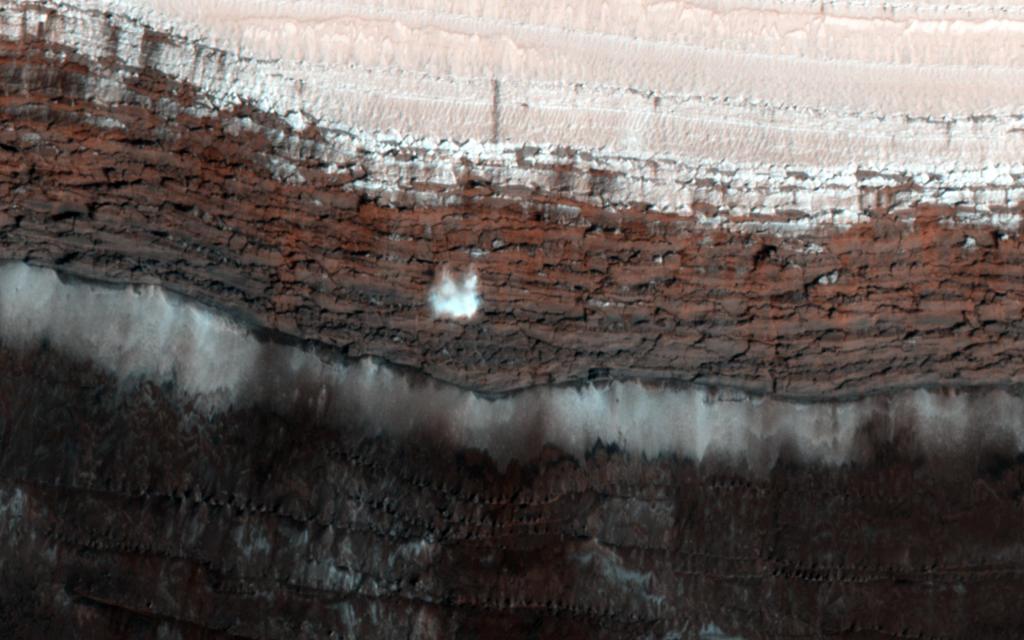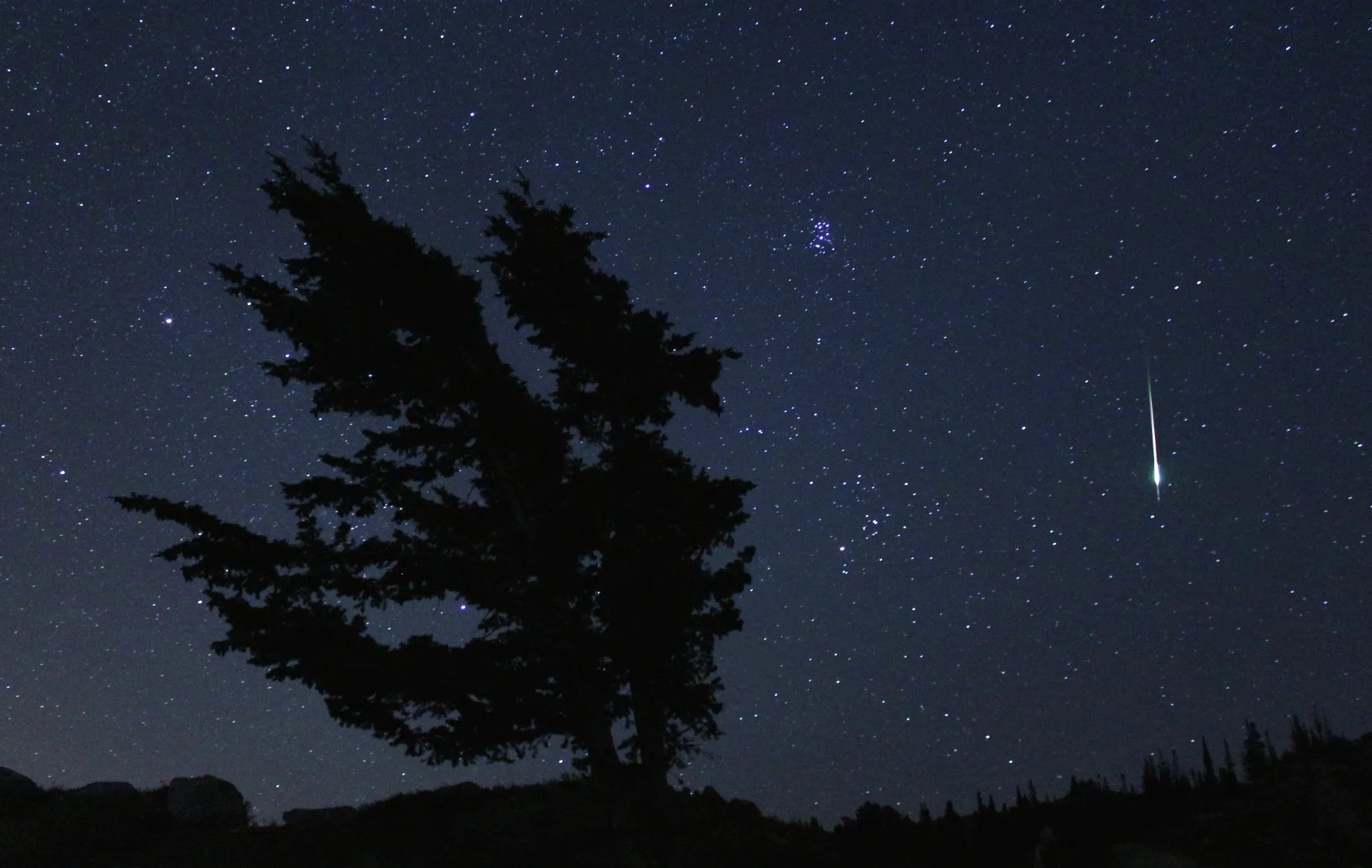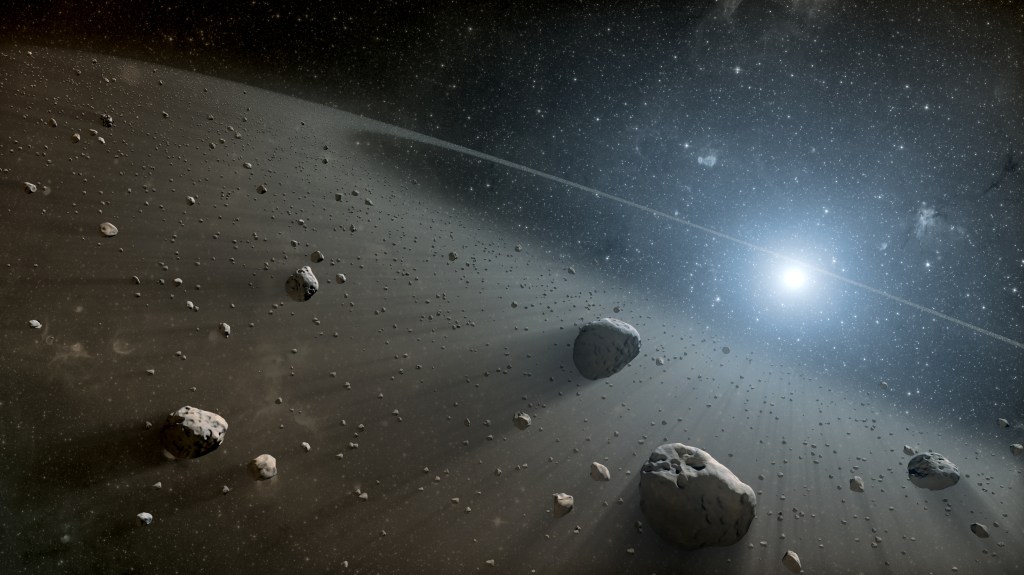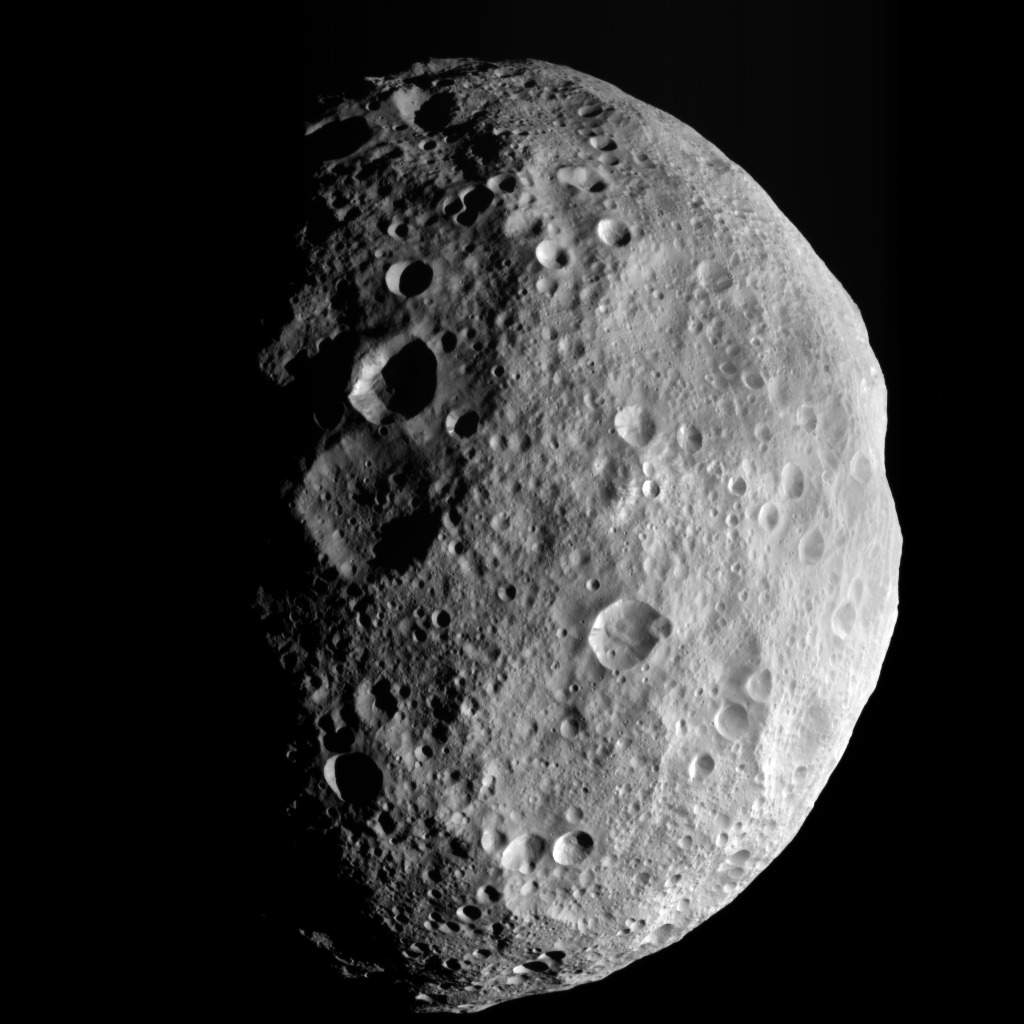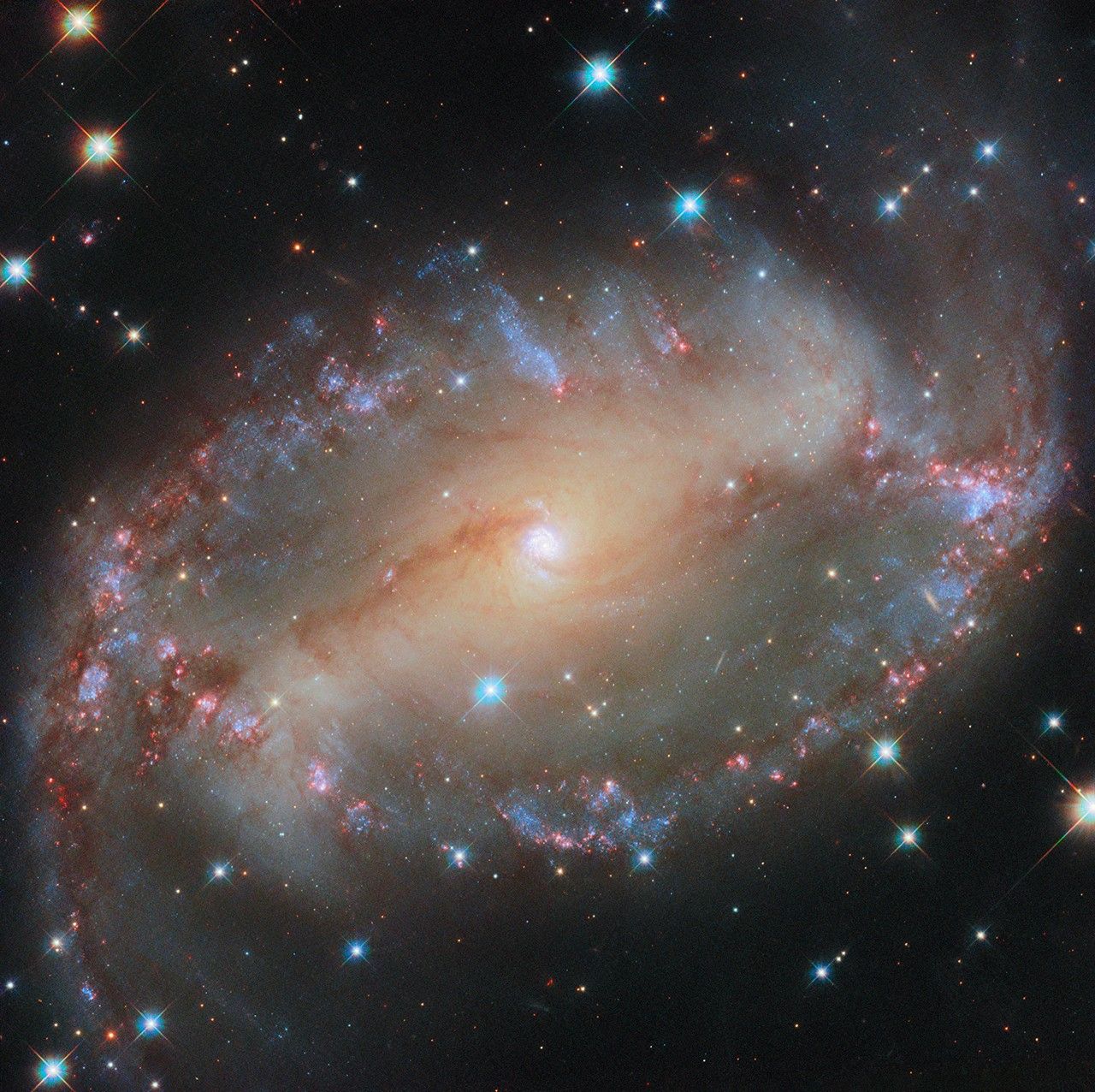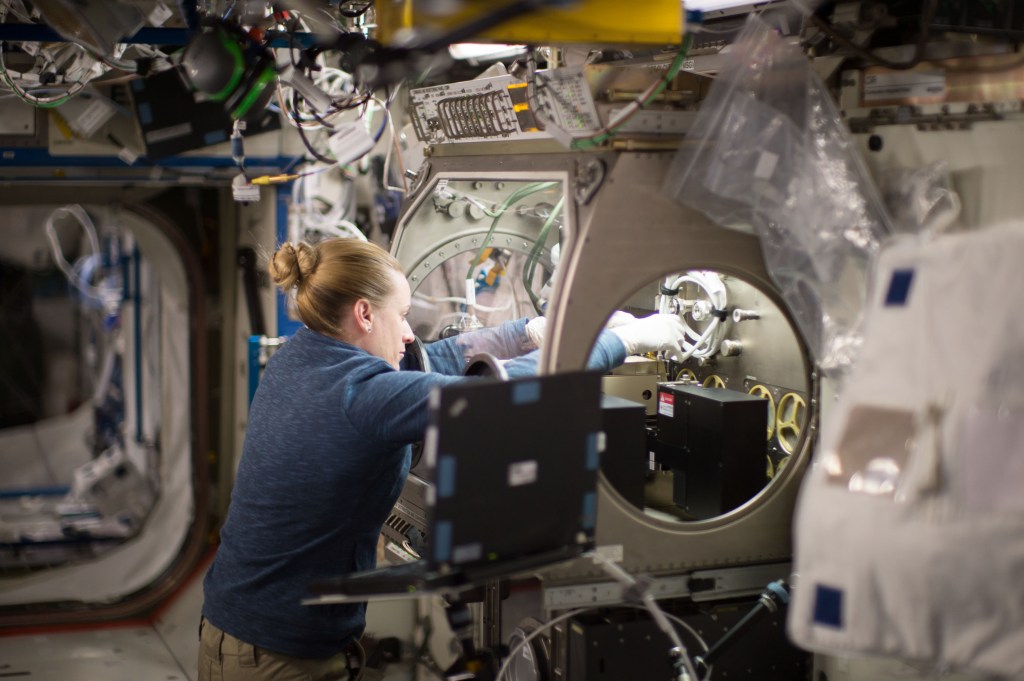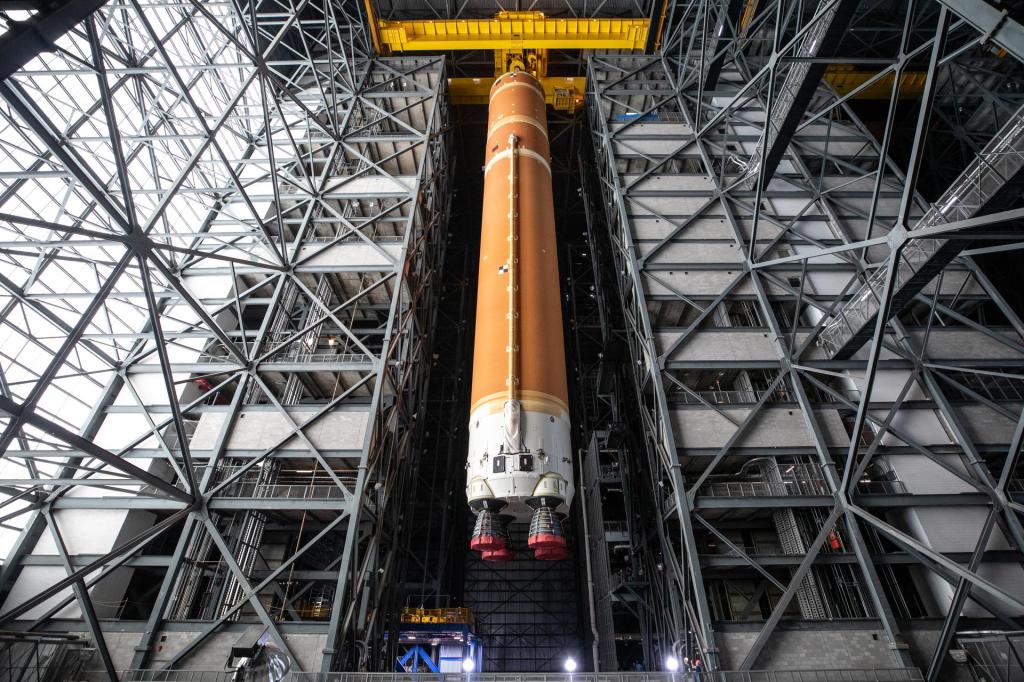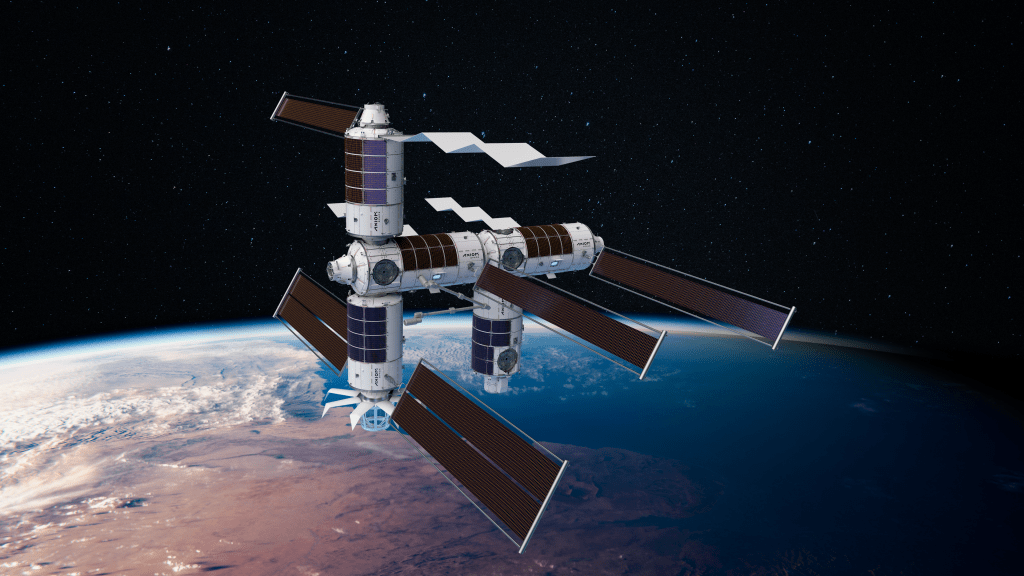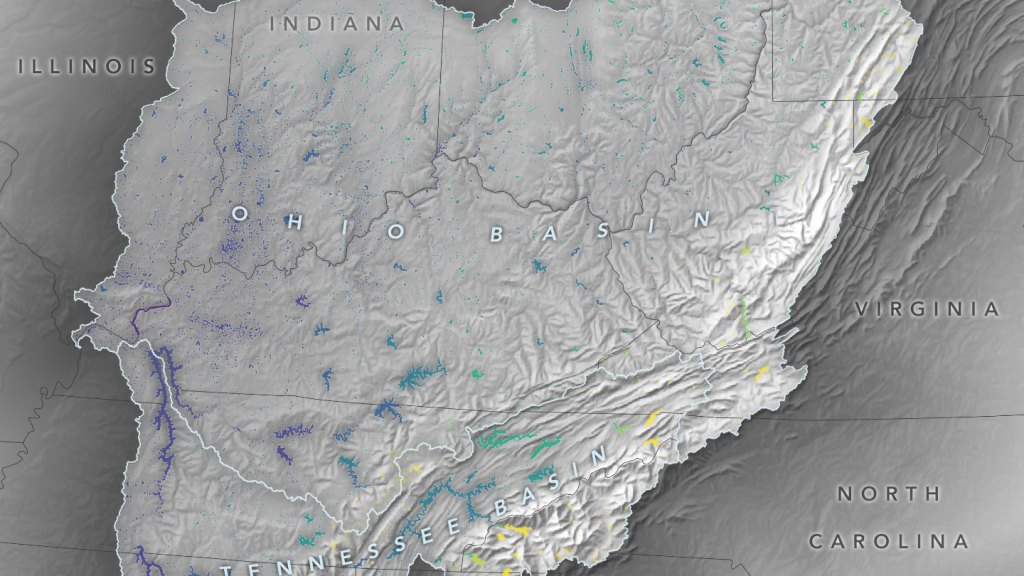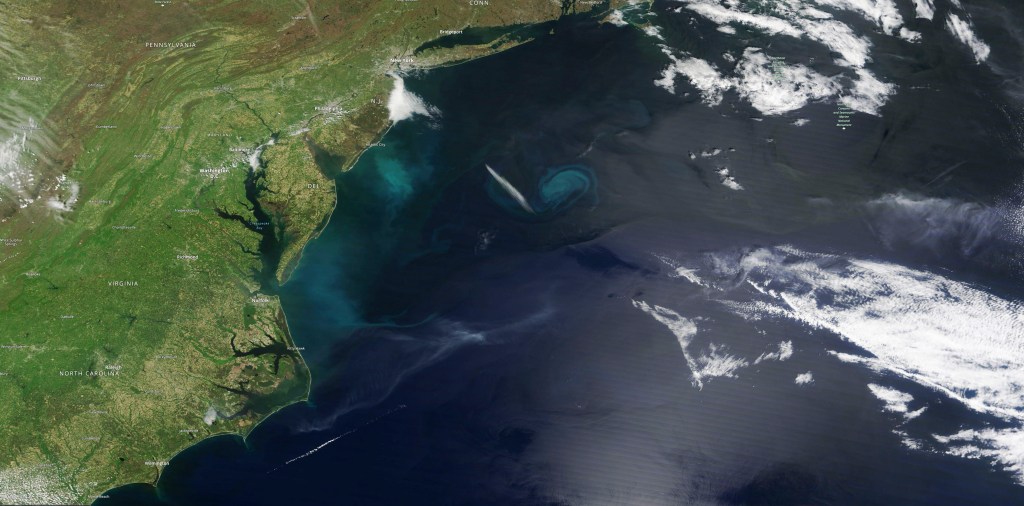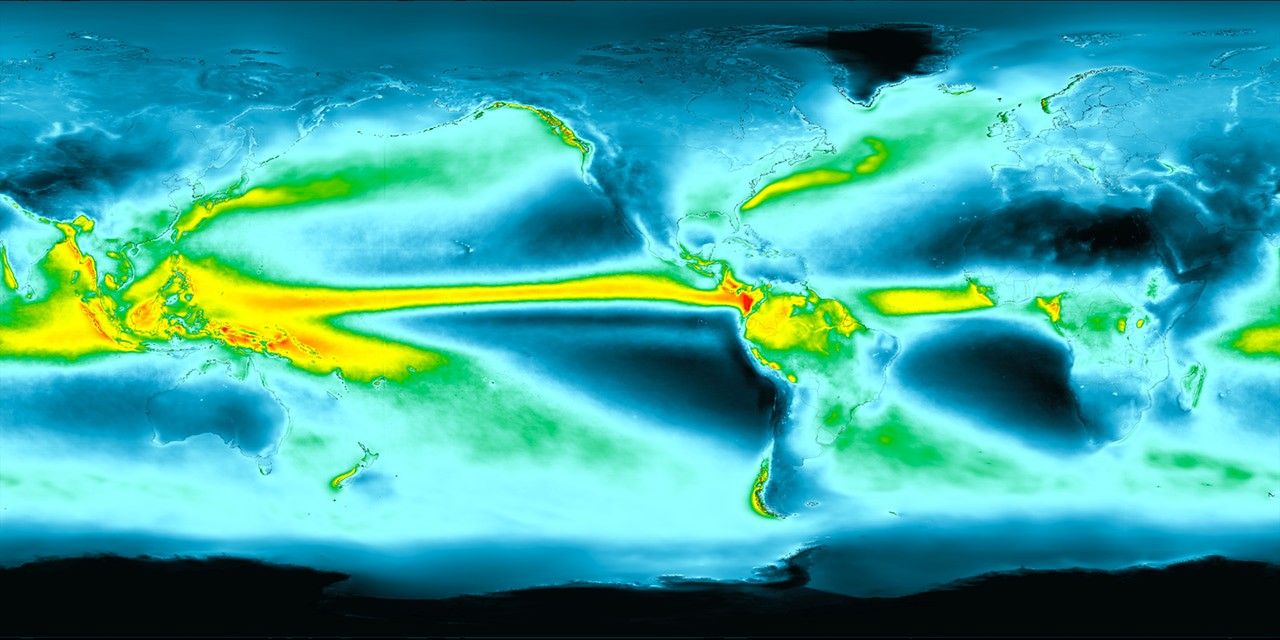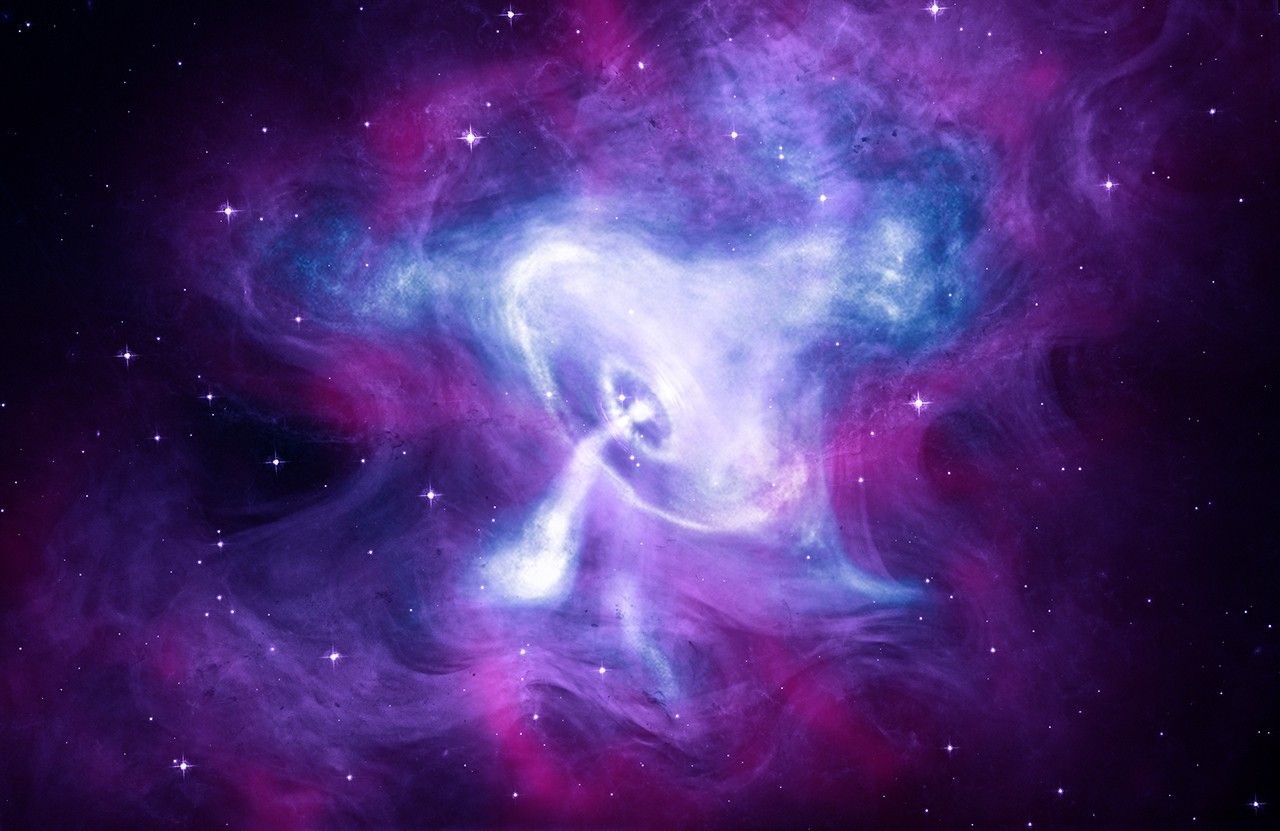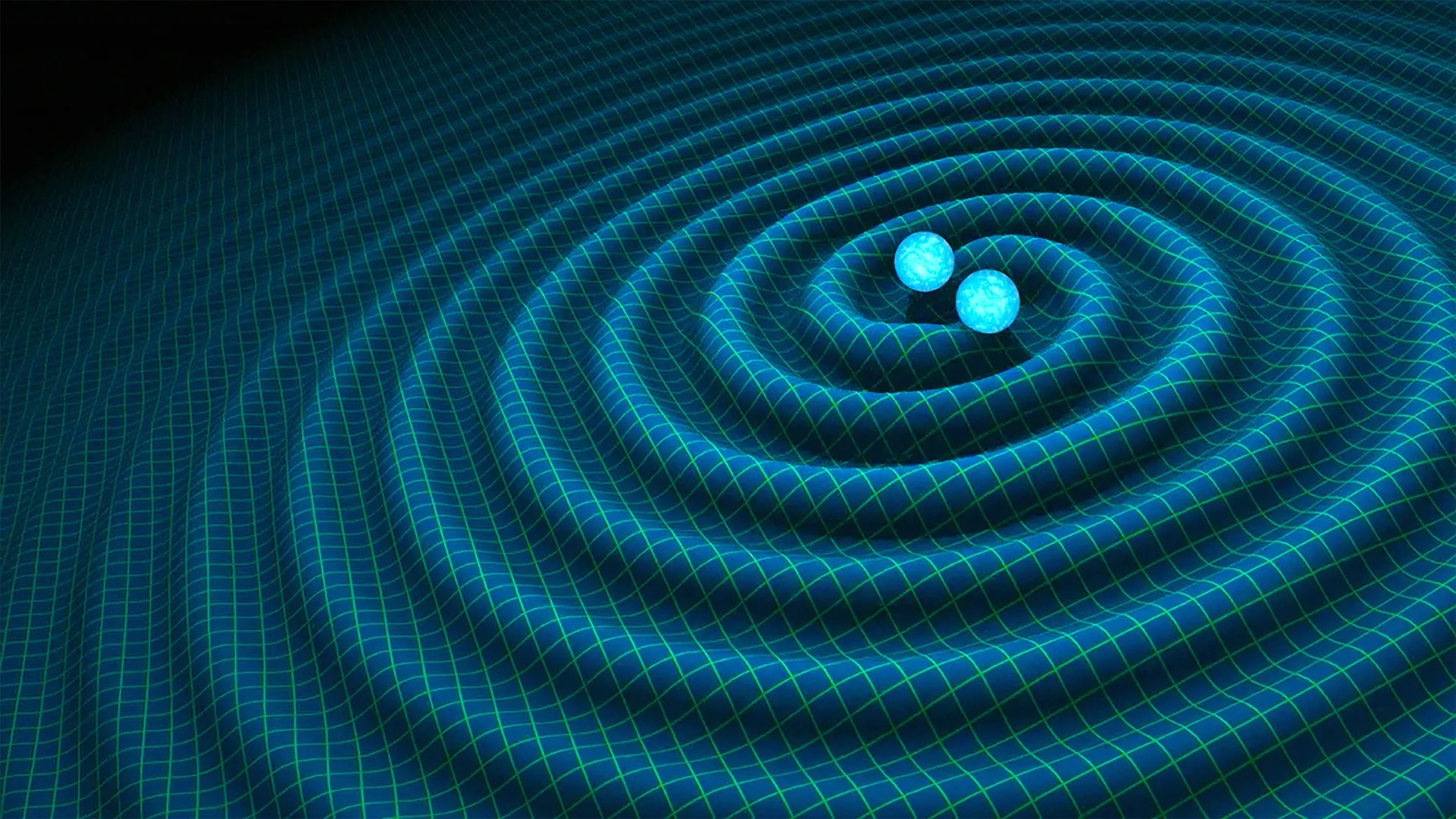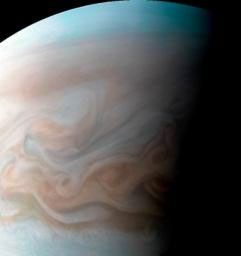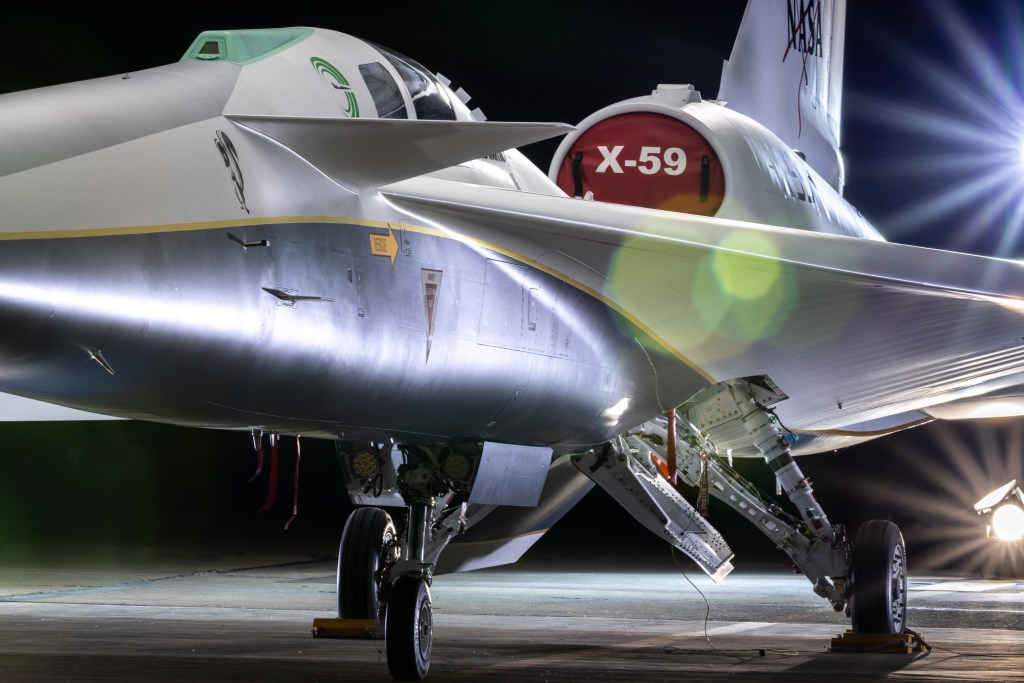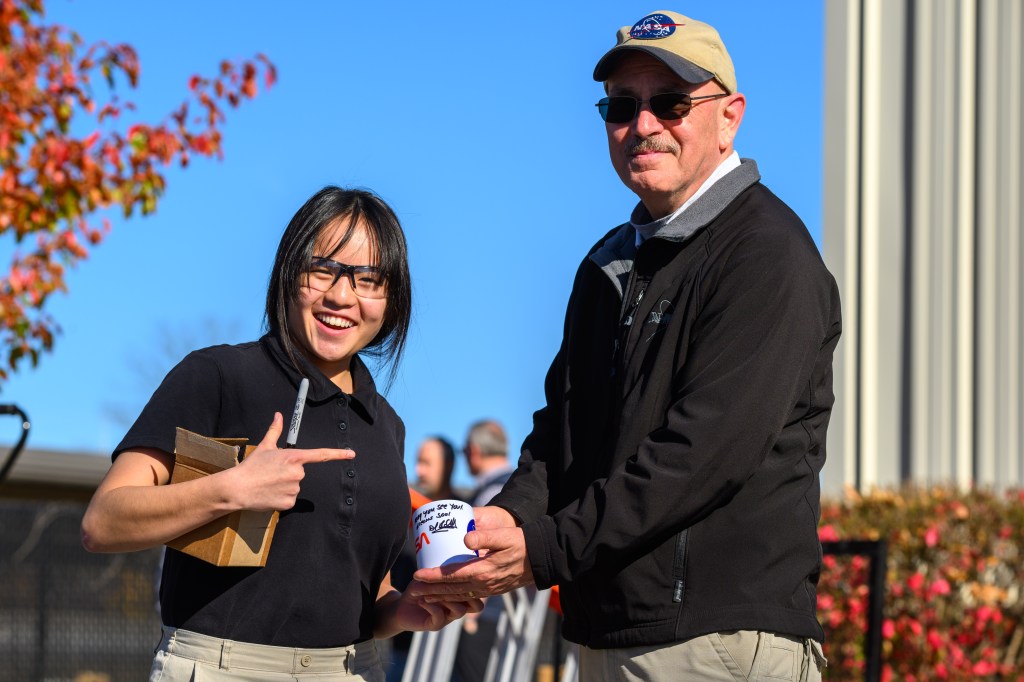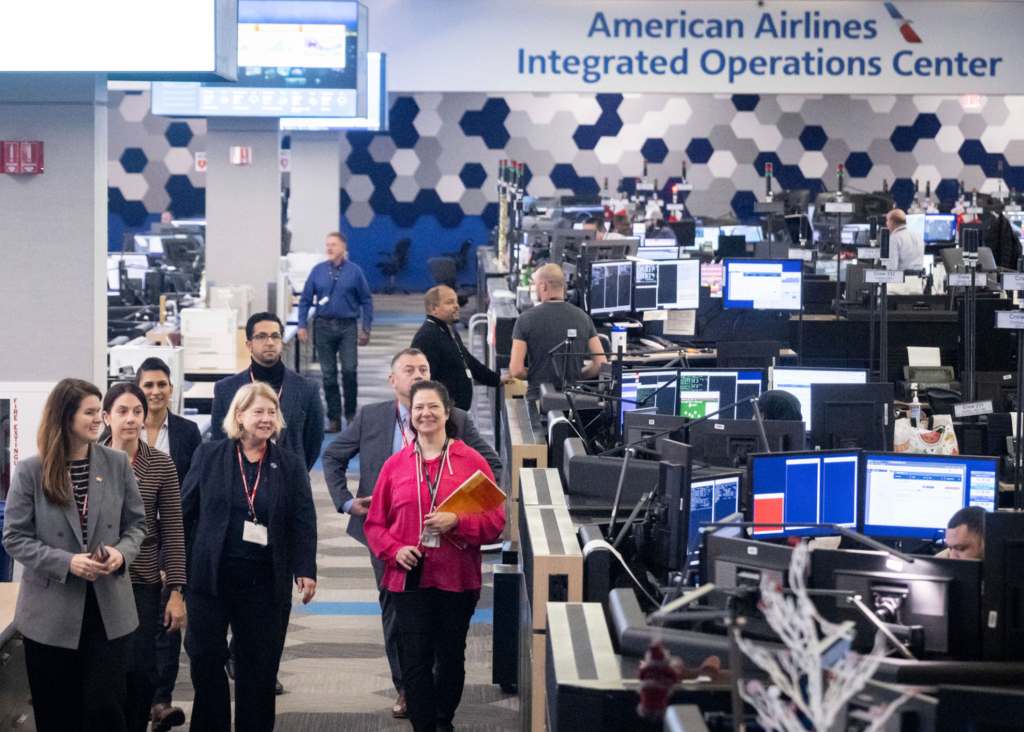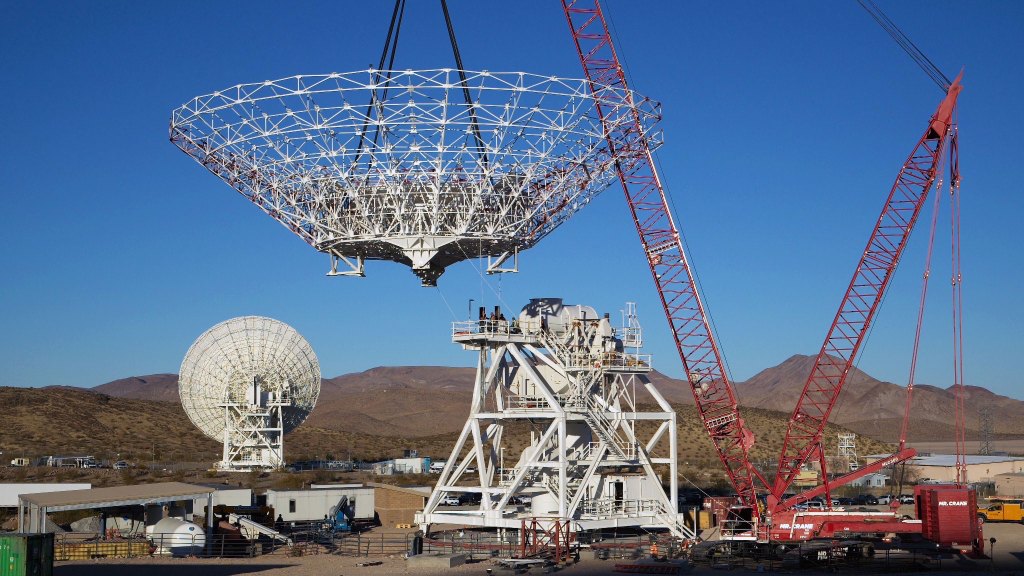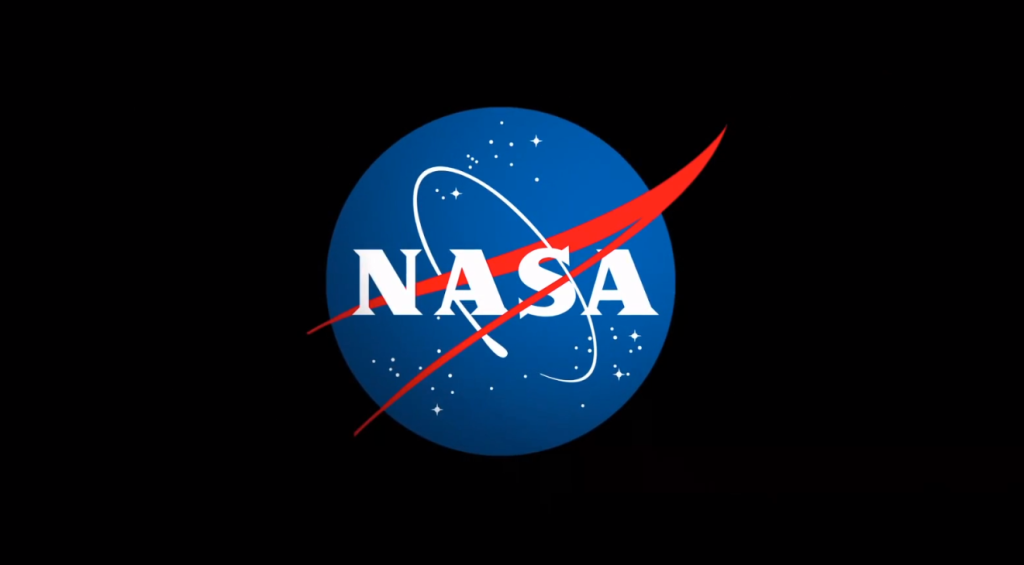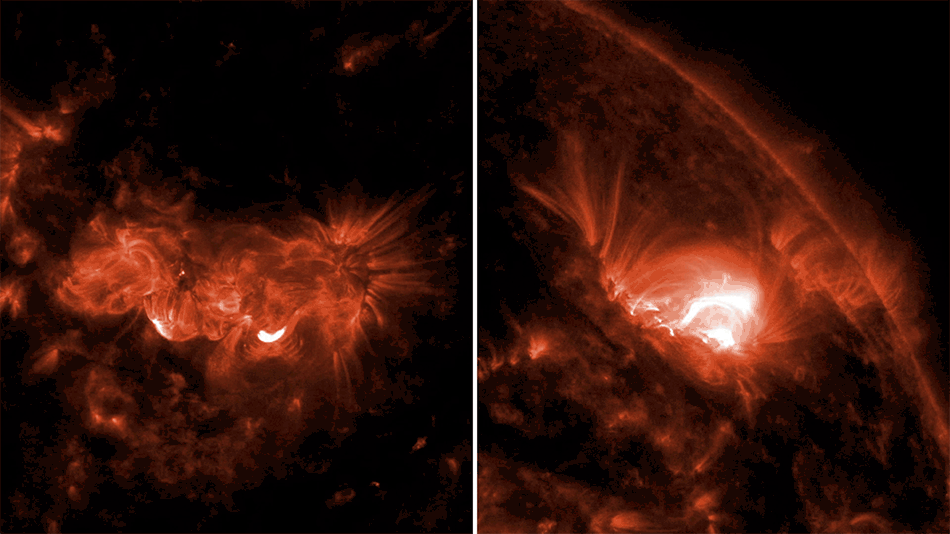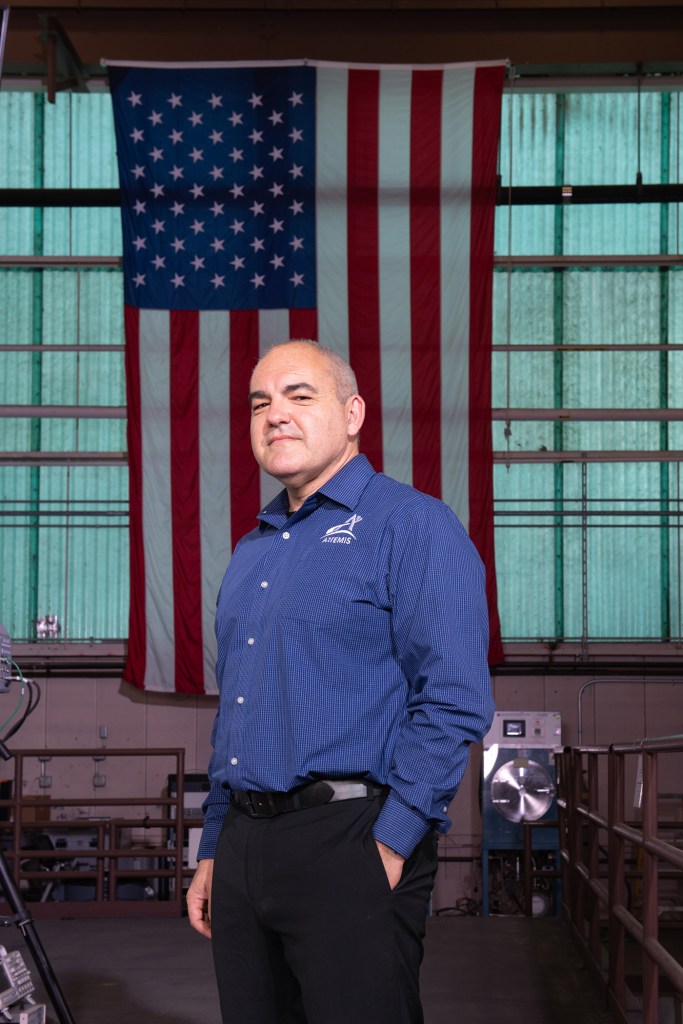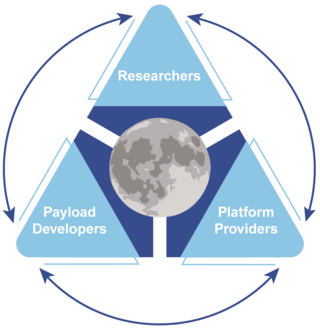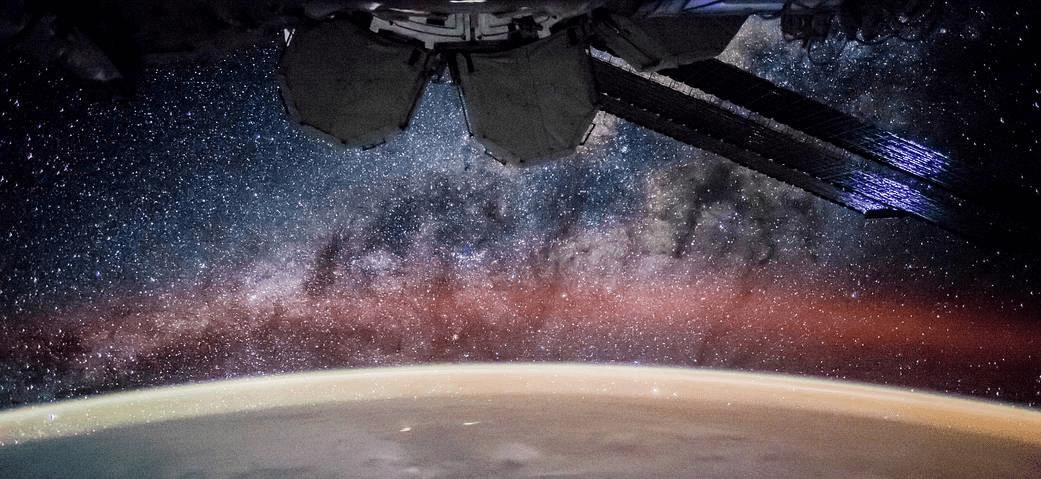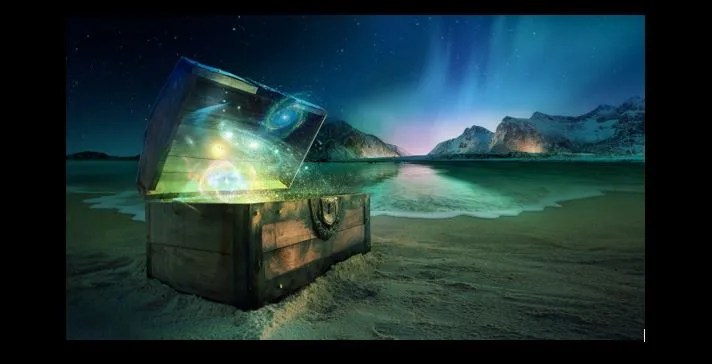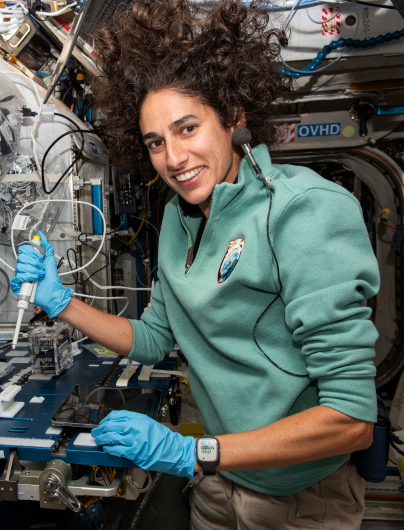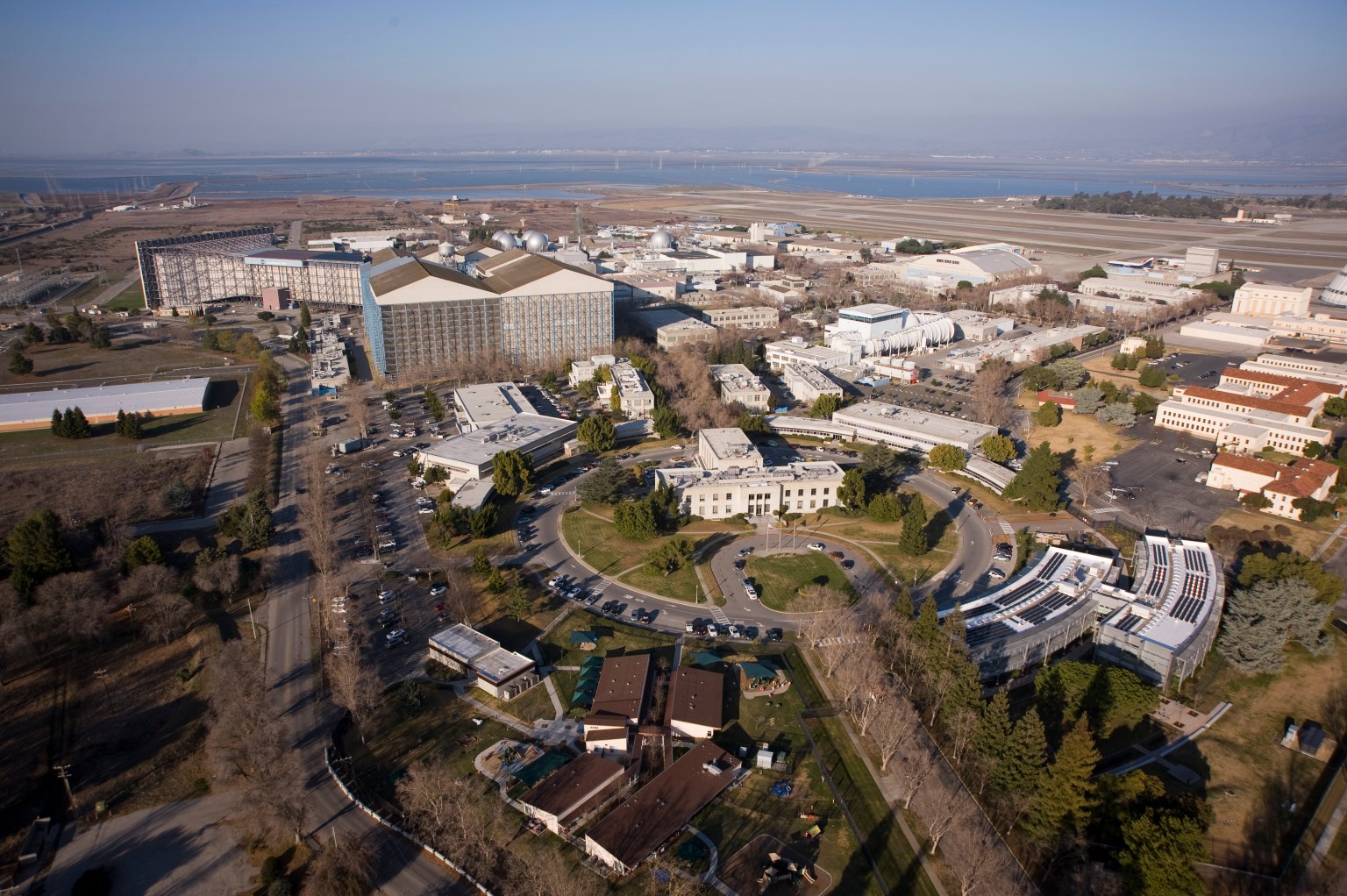A virtual event hosted by the NASA Space Biology Program
April 20-21, 2022
Are you a biologist seeking interaction with engineers to design your ideal experiment? Are you a payload developer looking for insight into how to support the next generation of space experiments? Are you a platform/lunar lander provider interested in learning more about biological sciences and unique capability needs? If so, please join us for LBTech, a 2-day workshop during which we will network, brainstorm, and discuss how to optimize research in deep space. Early-career researchers are especially encouraged to join!
As NASA begins to expand robotic and human exploration to the Moon, new opportunities are emerging for research to further our understanding of biology beyond low-earth orbit (BLEO). How shall we face the challenges of the lunar environment and design hardware for robust biological research? LBTech will be an interactive virtual event for space biosciences researchers and engineers to discuss ideas for technologies that will enable research on and around the Moon. Invited speakers will present information on NASA programmatics, opportunities for funding and flight, and environmental characteristics of the Moon, as well as lessons learned from LEO missions to incorporate into BLEO experiments.
The focal point of LBTech will be breakout group discussions to exchange ideas between scientists and hardware/instrument developers and to discuss and identify important lunar science-enabling capabilities. On both days of the event, a vendors show will be held to provide virtual booths for technology and hardware developers, lunar platform providers, and academic programs to meet the science and spaceflight engineering communities and provide multimedia informational exhibits. A report of the LBTech workshop findings will be made publicly available following the event. This report will serve as an informative resource for the broader science/engineering community as they develop a strong catalog of instruments to enable robust lunar research.
Join us to discuss opportunities to ensure future explorers, and the biology they bring with them, thrive in deep space.
LBTech Plenary Sessions – Links to Recorded Talks
Hosted by Penny Boston, Associate Director for Science Business Development, ARC Science Directorate
Wednesday, April 20
9:00am Marianne Sowa, Science Directorate, NASA Ames Research Center. Welcome address
9:10am Sharmila Bhattacharya, NASA Space Biology Program. An Overview of the Space Biology Program
9:20am Kevin Sato, NASA Biological and Physical Sciences Division. Biological and Physical Sciences Lunar Objectives and Opportunities
9:40am Julie Robinson, NASA Exploration Systems Development Division. Artemis Plans for Science and Exploration
10:00am Barbara Cohen, NASA Goddard Space Center. Lunar Polar Geology
10:20am Break
10:30am Jack Miller, NASA GeneLab. The Lunar Radiation Environment
10:50am Christine Hartzell, University of Maryland. Unique (and Pesky) Properties of Lunar Dust
11:10am Julie Schonfeld, NASA Commercial Lunar Payload Services. CLPS for Lunar Science
Thursday, April 21
9:00am David Smith, Space Biosciences Division, NASA Ames Research Center. Opening remarks
9:10am Tony Ricco, NASA Ames Research Center. Integrated Microfluidic Bioanalytical Systems: Technologies to Grow and Study Microbial Cultures Beyond LEO
9:30am Sarah Castro-Wallace, NASA Johnson Space Center. Sequencing in Space: Current and Future Capabilities
9:50am Lisa Carnell, NASA Biological and Physical Sciences Division. Radiation Monitors for the Moon and Gateway
10:10am Break
10:30am Ralph Fritsche, NASA Kennedy Space Center. Technology Considerations for Conducting Plant Research in the Lunar Environment (download presentation slides)
10:50am Matthew Lera, NASA Ames Research Center. Beyond LEO Instrumentation & Science Series (BLISS) – Plans for Future Capabilities (download BLISS SWG 2021 Annual Report)
11:10am Sergio Santa Maria, KBR & NASA Ames Research Center. Biosentinel & LEIA: Developing Bio Instrumentation for Deep Space, Lessons Learned and What’s Next
Schedule Overview

LBTech Vendors
- NASA Space Biology Program
- Astrobotic: Enabling Biology on the Moon
- Firefly Aerospace
- BioServe Space Technologies
- Embry-Riddle Aeronautical University
- BioGravity, LLC X EXPLOR Space Technologies
- Redwire Space: Flight Proven Solutions for Life & Physical Science Research in Space
- Yuri: ScienceTaxi – The flexible incubator for life science research in LEO and beyond
- Astreas
- StarLab Oasis
- Harding Media AR/VR
FAQ
Is international participation allowed?
Yes, international participants are welcome. However, non-US nationals must register by March 20 to allow the time necessary for international visitor processing at Ames.
Haven’t there been a lot of lunar science workshops recently? How is this one different?
Yes! The aim of LBTech is to build on previous workshops but not duplicate them; our focus is less on the what and why of lunar biology research and more on the how. We hope to foster a conversation dedicated to technology development necessary to achieve the science goals of the community. We encourage you to revisit the results of previous workshops that have discussed science priorities and concepts for lunar research. Some particularly relevant resources include:
- The LPI Lunar Surface Science Workshop (LSSW) on Space Biology, January 2021: recorded talks are available here.
- The LSSW on Fundamental and Applied Lunar Surface Research in Physical Sciences, August 2021: recorded talks are available here.
- Several other past LSSWs may also be of interest; they are listed here.
- CLPS workshop hosted by the National Academies in March 2021: written report is available here.
What is lunar biology?
Space Biology is the study of how biology from Earth responds to the conditions of space. By extension, lunar biology, as we are using the term for this workshop, is the study of how biology from Earth responds to the conditions of the Moon. This area is becoming increasingly relevant as NASA plans to send astronauts back to the lunar surface and to establish a long-term presence on and around the Moon. LBTech welcomes participants who are interested in fundamental research topics such as the biological effects of radiation and partial gravity, as well as more applied topics such as space agriculture and countermeasure development.
Can I just watch, but not participate in the breakout groups?
Yes, you are welcome to participate in just some portions of the programming if you’re not available or prepared for all of them. We are especially keen to host a lively discussion in the breakout groups, so if you are not in a conversational mood, you may want to consider attending the plenary sessions only. Please be sure to note your preferences on the registration form so we can organize breakouts accordingly.
If I participate and provide information, does that preclude me from applying to future funding opportunities?
No. NASA is hosting LBTech to help support a robust lunar research community, and to encourage interdisciplinary communication. Results from LBTech will be made publicly available, and NASA may refer to them in the future, but participation in LBTech will not provide inside knowledge that would cause a conflict with your ability to apply to competitive flight or funding opportunities.
How can LBTech offer good networking opportunities if it is virtual?
The platform we are using, Gather, is designed to encourage easy interactions and casual conversation through a game-like interface. During the vendor fair and breaks, you will be able to find and catch up with colleagues, or walk up and introduce yourself to someone new– much like at an in-person conference. We’ll offer some time in advance of the meeting for registered attendees to explore and become comfortable in the virtual environment.
Do I need to download software to participate?
No! Gather is completely web browser-based. You will need to allow browser access to your microphone and camera for the full experience.
Contact: Jessica Lee (jessica.a.lee@nasa.gov) and Matthew Lera (matthew.lera@nasa.gov)

